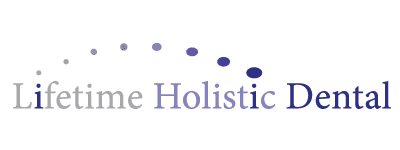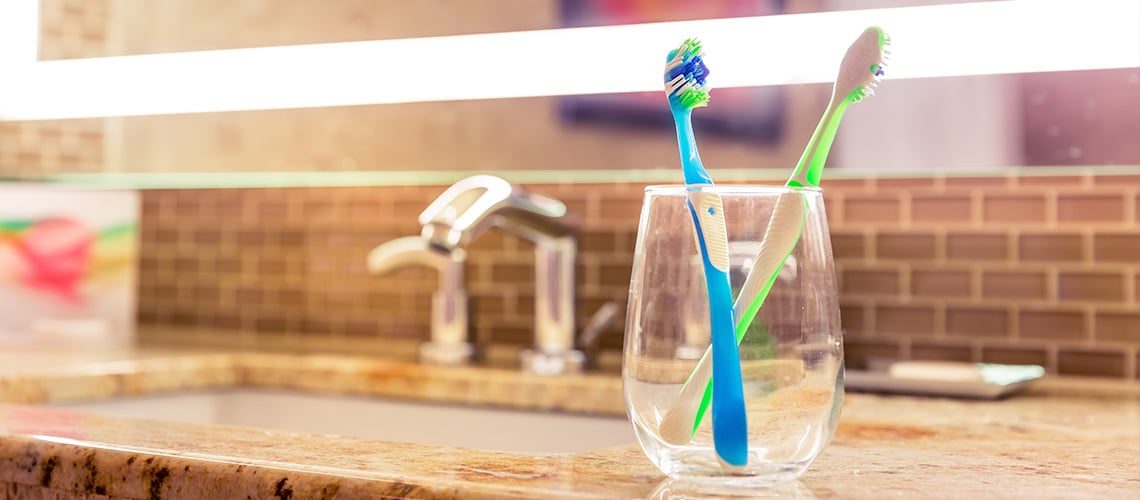Despite warnings from your dentist, people continue to neglect their dental hygiene. A good oral hygiene routine is the bedrock of healthy gums, teeth and a healthy mouth. The flow on effect is enormous—good mouth health is intricately linked to positive overall health and wellbeing.
Dental problems affect so much more than just your mouth, and gum and dental problems have been linked with everything from hypertension to diabetes and more.
The Signs of Poor Oral Hygiene
If you notice any of the symptoms below, you should visit your dentist:
- Your gums feel swollen or tender
- Your gums bleed when you brush or floss
- Your teeth feel unusually sensitive, tender or sore
- Your teeth feel loose in their socket
- You notice any dark spots on your teeth
- You have an unpleasant taste in your mouth
- You have bad breath that doesn’t go away after brushing, flossing or using mouthwash
Tips for Good Oral Hygiene
Good oral hygiene doesn’t have to be difficult. Next time you visit your dentist, ask for their advice. They’ll be able to give easy-to-follow tips and tricks. Alternatively, you can follow our advice below.
Brush Properly Twice a Day
You should brush your teeth as soon as you wake up, and just before you go to bed. Brush before breakfast, so you don’t brush sugars into your teeth and always wait at least an hour before cleaning at night.
Your brushing technique is as crucial as the timing. The proper technique is to angle your brush at 45 degrees to the gum. And use a circular motion to brush absolutely every surface of your teeth. Work from back to front, or inside out just make sure you get every surface. You also need to focus on the gum line, and it should feel as though the bristles are working underneath the gum.
Flossing Is An Absolute Must!
Some people get to adulthood thinking that flossing is an option. It isn’t. If you aren’t flossing, you’re not practising proper dental hygiene. Some people are scared of it, and while it may feel a little uncomfortable at the beginning, you won’t notice anything after a few days.
It can actually be a relaxing and meditative experience. Just devote a couple of minutes to flossing after your nightly brush. To do it properly, just wind the floss around two fingers and slide the floss up to the gum, give it a little scrub and then scrub on the way down.
Watch What You Eat, Drink and Do
It’s not surprising that what you put in your mouth has a lot do with oral health and hygiene. When it comes to eating and drinking, you should enjoy a diet full of wholesome, nutritious items and avoid sugary, acidic foods. When it comes to what you drink, you really only need water. If you drink coffee, tea and alcohol understand that it can stain your teeth, so drink in moderation.
You should also try and have three meals a day, rather than snacking. Every time you eat you expose your teeth to sugars and acid, so the more you eat, the less of a break your teeth get from these elements.
You also need to focus on your lifestyle. Smoking and excessive alcohol consumption will wreak havoc with your oral health. Smoking is linked to oral cancer and a whole range of oral health problems. The sooner you quit, the more chance you’ll have of avoiding a catastrophe. Smokers are four times as likely to lose as teeth, and the habit also makes it challenging to treat issues like gum disease. Give up today, even if it’s just for your oral hygiene and to save your teeth.
Visit Your Dentist Regularly
Your dentist is your greatest ally in protecting your oral hygiene. The cause of tooth decay and gum infection is plaque, and only a professional clean can remove all the plaque from your teeth. The clean polishes your teeth and removes any plaque from the gums and other hard-to-reach areas, while a fluoride treatment turns your mouth into an antibacterial zone.
This visit is also essential in picking up on any minor problems before they become more serious. You’ll be amazed by how much cleaner your teeth feel, and how much money you save on costly treatments by following the advice to see your dentist at least twice a year.
Perhaps most importantly, a regular visit gives your dentist a chance to monitor you at home hygiene routine, and suggest any changes. Remember, prevention is the best cure, and good oral hygiene is the best prevention against so many oral health problems.


